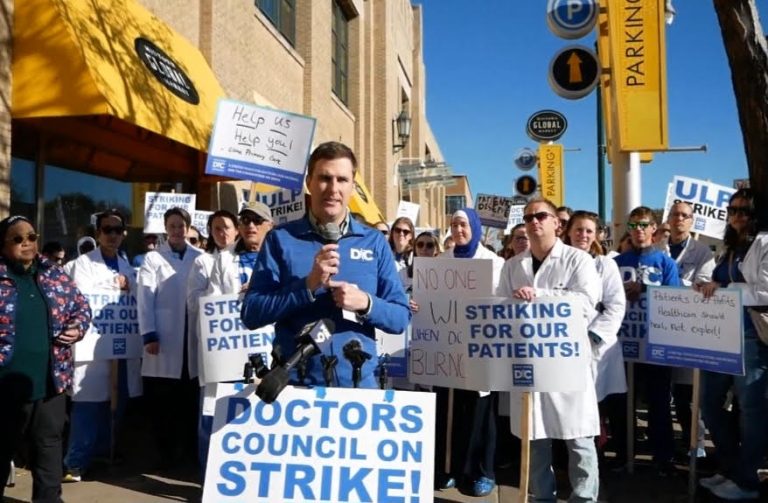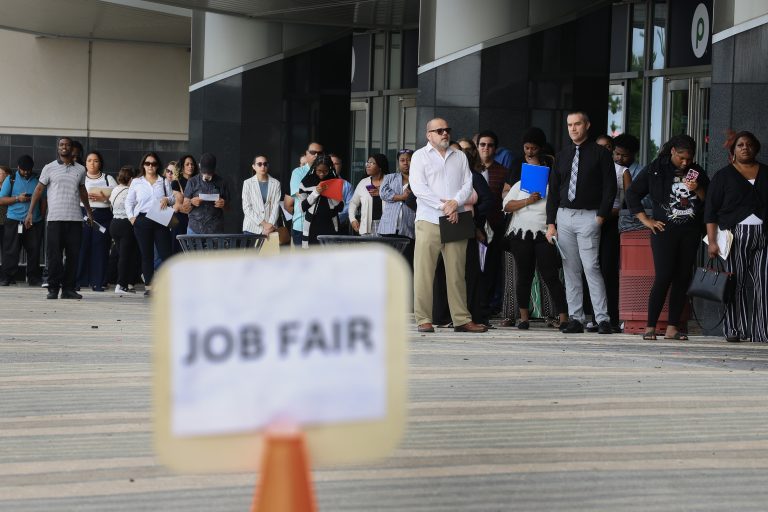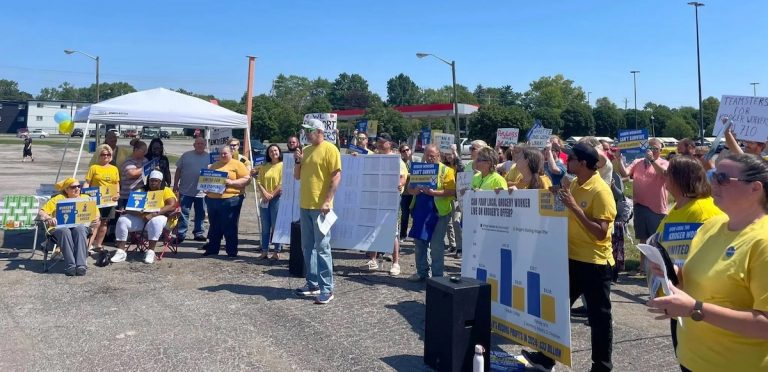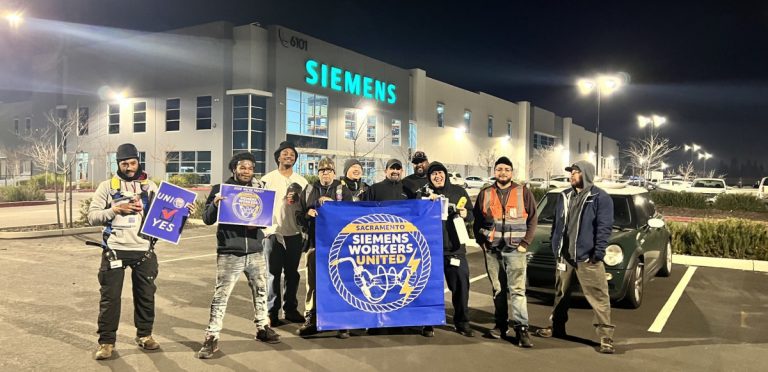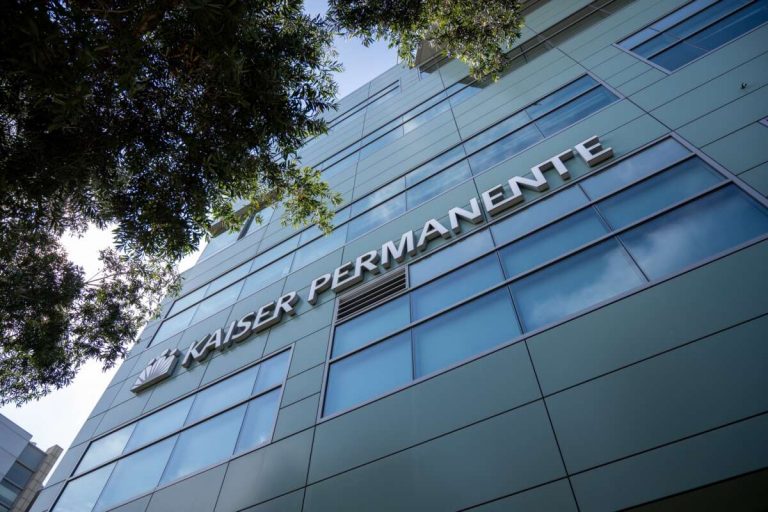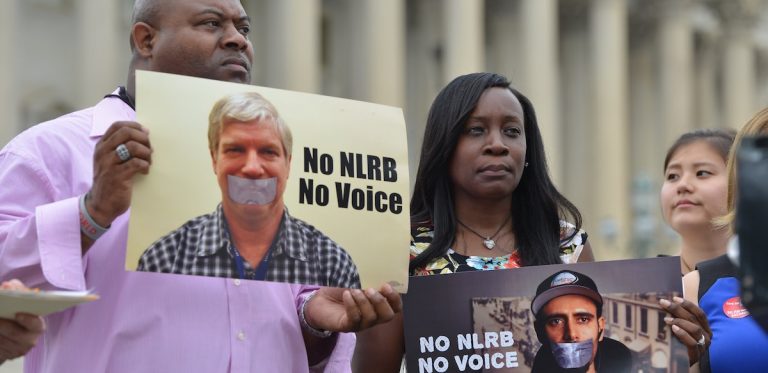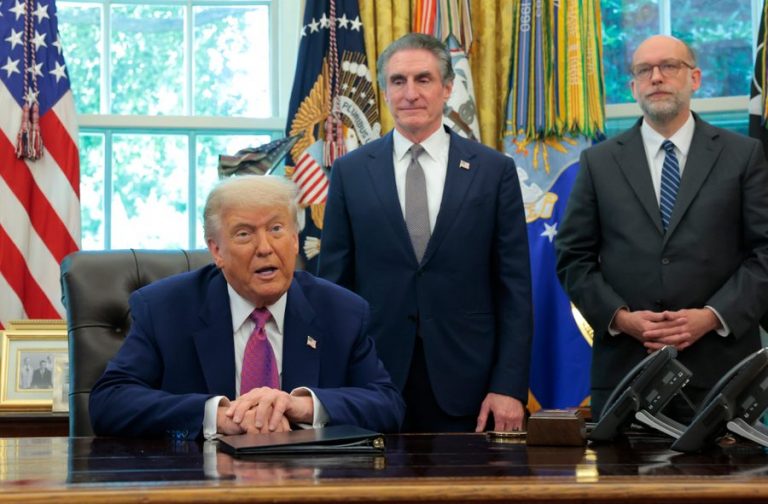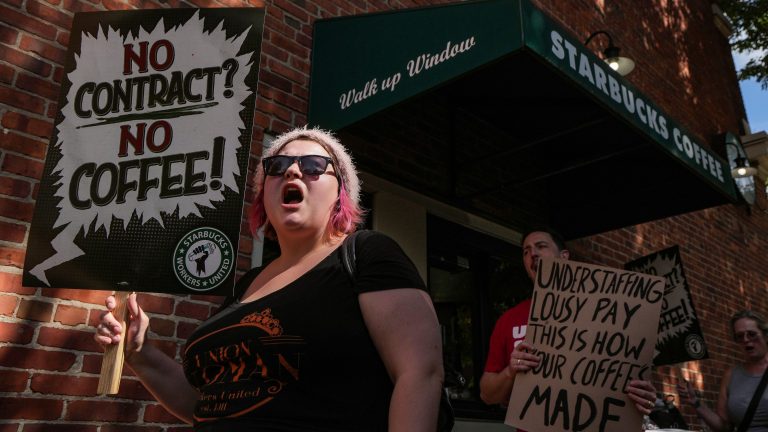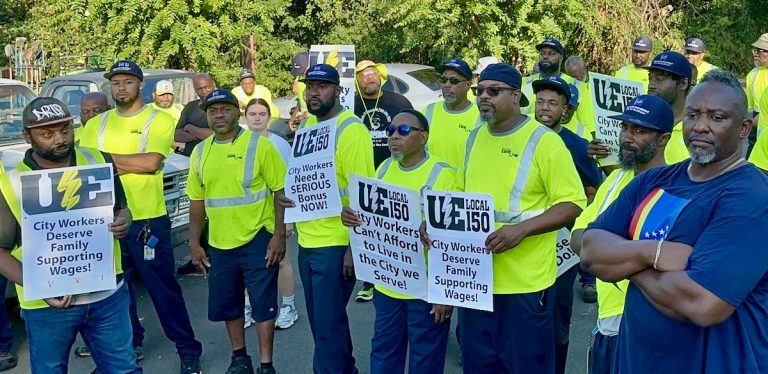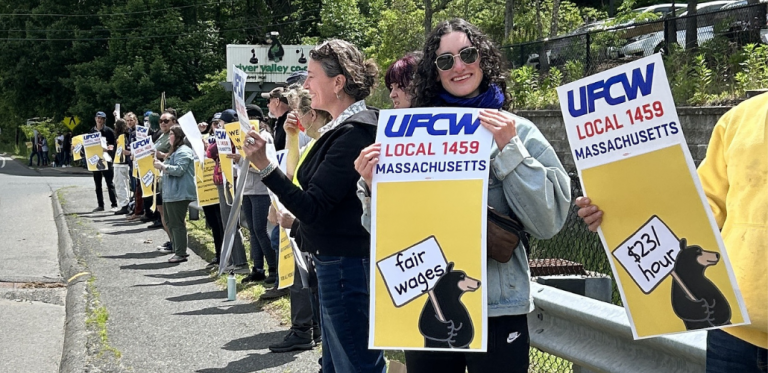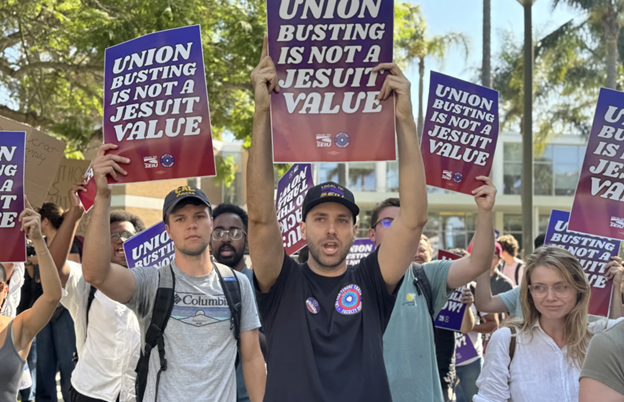Allina Health Doctors Hold One-Day Strike
On Wednesday, a group of more than 600 physicians, physician assistants and nurse practitioners held a one-day strike against their employer, Minneapolis-based Allina Health. The primary and urgent care providers work at over 60 clinics in Minnesota and Wisconsin and are organized with Doctors Council SEIU Local 10MD.
The Doctors Council said this event is the largest private-sector strike among healthcare providers in United States history, as well as the first ever in Minnesota. Matt Hoffman, family medicine physician at Allina, explained: “After 20 months of bargaining, we are striking for a primary care system where doctors, nurse practitioners and physician assistants have the time and resources to give our patients the best possible care.”

